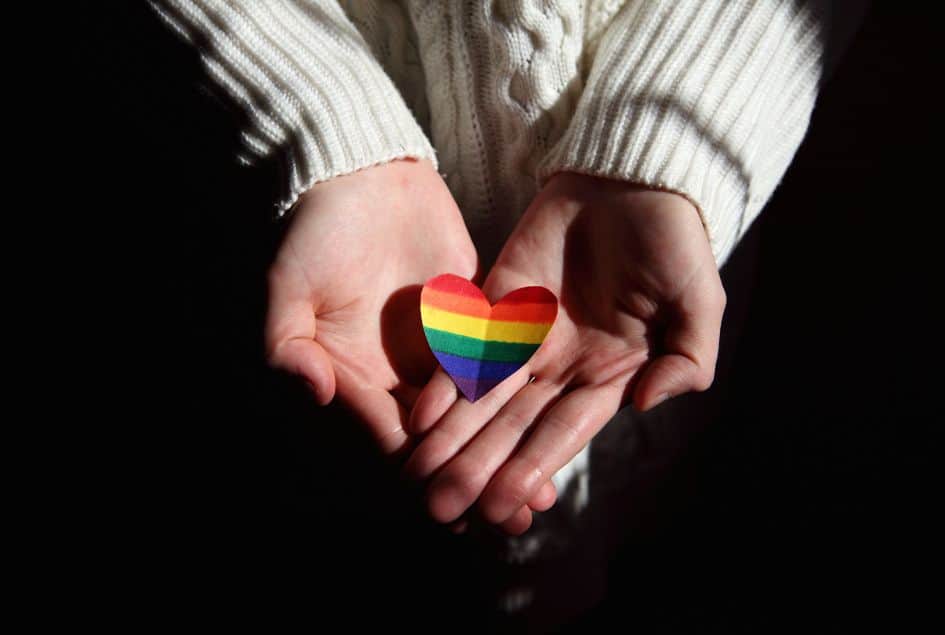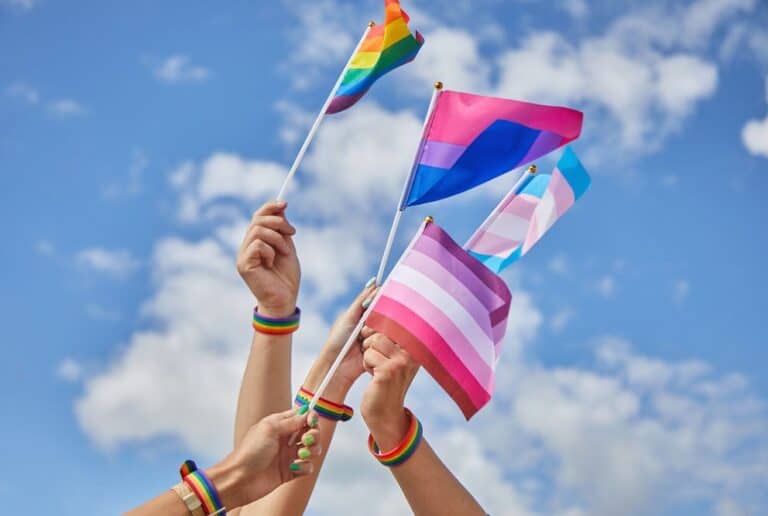Mental health and substance abuse are two major concerns within the LGBTQ+ community. These issues can significantly impact the well-being and quality of life of individuals who identify as LGBTQ+. While mental health and substance abuse may affect anyone regardless of their sexual orientation or gender identity, members of the LGBTQ+ population often face unique challenges that can increase their risk for these problems.
Challenges Faced by Individuals Who Identify as LGBTQ+
LGBTQ+ individuals face a variety of challenges that heterosexual and cisgender individuals do not experience. These challenges include social stigma, discrimination, and prejudice due to their sexual orientation or gender. This can lead to increased stress, anxiety, depression, and other mental health conditions.
Stigma and Discrimination
Stigma refers to negative attitudes and beliefs held by society towards a certain group of people. Discrimination, on the other hand, involves actions that result in unequal treatment or opportunities for individuals based on their membership in a particular group.
In the case of the LGBTQ+ community, these issues can manifest in various ways, such as bullying, harassment, physical abuse, and exclusion. This can lead to feelings of shame, guilt, and low self-esteem, which can contribute to mental health problems.
Family Rejection
Many LGBTQ+ individuals face rejection from their family members when they come out or express their gender identity. This lack of support and acceptance from loved ones can be emotionally distressing and isolating for individuals who are already vulnerable due to their sexual orientation or gender identification. This rejection can also lead to a lack of support systems for queer folks and transgender individuals, making it harder to cope with mental health disorders and substance use disorders.
Minority Stress
Minority stress refers to the chronic stress that members of marginalized communities experience as a result of living in a society that stigmatizes and discriminates against them. LGBTQ+ individuals may experience minority stress due to their sexual orientation or gender identity, which can lead to higher rates of mental health problems and addiction.
Impact on Mental Health
The challenges faced by the LGBTQ+ community can have a significant impact on mental health. Studies have shown that individuals who identify as LGBTQ+ are at a higher risk for mental health issues such as depression, anxiety, and PTSD than the general population. This can include members of the lesbian, gay, bisexual, transgender, queer, questioning, intersex, and asexual communities.
According to the National Alliance on Mental Illness (NAMI), LGBTQ+ individuals are almost three times more likely than others to experience a mental disorder such as major depression or generalized anxiety disorder. This can be attributed to the unique challenges and stressors faced by this community.

Drug and Alcohol Addiction Among LGBTQ+ Community
Alcohol and drug addiction is also a significant concern within the LGBTQ+ community. Research indicates that some LGBTQ+ individuals may be more prone to substance use disorder due to the unique stressors they experience compared to heterosexual adults and cisgender counterparts. Facing stigma, discrimination, family rejection, and minority stress can lead to emotional distress, which might increase the likelihood of turning to substances as a form of self-medication or escape, and a lack of non-judgmental LGBTQ+ substance abuse treatment options may stop these individuals from seeking treatment for addiction recovery.
It’s essential to clarify that this does not imply a higher propensity for addiction within the LGBTQ+ community inherently but rather highlights the impact of external societal pressures and stresses. Just as in any community, the prevalence of substance abuse varies widely among individuals and is influenced by a multitude of factors.
Addressing LGBTQ+ Addiction Treatment and Mental Health Care
It is essential to address mental disorders and addiction within the LGBTQ+ community. This can be done by creating safe and inclusive environments where individuals can feel accepted, supported, and understood.
Healthcare providers should also receive training on how to provide culturally competent care for the LGBTQ+ community. This involves understanding and being sensitive to the unique challenges faced by this community, as well as providing appropriate resources and support when individuals seek out substance abuse treatment.
Additionally, creating more visibility and representation of LGBTQ+ people in media and society can help reduce stigma and discrimination, leading to better outcomes for LGBT individuals and communities.

Get The Care You Need and Deserve
Woburn Addiction Treatment is a leader in the addiction treatment field, with proven success in facilitating long-term recovery. Our team of top clinical & medical experts specializes in treating addiction coupled with mental illness, ensuring that each person receives individualized care. Call us – we’re available 24/day, 7 days/week.
Seeking LGBTQ+ Substance Abuse Treatment
If you or a loved one are seeking LGBTQ+ addiction treatment, Woburn Addiction Treatment provides a range of treatment options to ensure individuals at all stages of the recovery journey have access to comprehensive addiction treatment for substance misuse and mental health disorders.
Our dual-diagnosis treatment program recognizes the complex relationship between illicit drugs and/or alcohol abuse and co-occurring disorders, offering integrated care to address both issues simultaneously. This includes treating any withdrawal symptoms while also providing a safe place to explore underlying factors that may be contributing to addiction.
We have a team of dedicated addiction treatment experts who are experienced in working with LGBTQ+ individuals, creating a safe and affirming space for individuals to heal and recover. We understand the unique challenges faced by this community and tailor our treatment approach accordingly.
Woburn Addiction Treatment
Our treatment center includes cognitive behavioral therapy, individual and group therapy, trauma-informed care, and holistic therapies such as yoga and mindfulness practices. Our goal is to help individuals build coping skills, manage stressors, and improve their overall mental health and well-being.
Reach out to our treatment center via our contact form if you want to find out more information on the treatment services we provide for substance use disorders.
Additional Resources
- The Trevor Project: A non-profit organization focused on suicide prevention and crisis intervention for LGBTQ+ youth.
- Substance Abuse and Mental Health Services Administration (SAMHSA): A government agency that offers resources and treatment options for mental health and substance use disorders, including a treatment locator tool for individuals looking for help for alcohol and drug abuse and mental health services at treatment centers near them.


